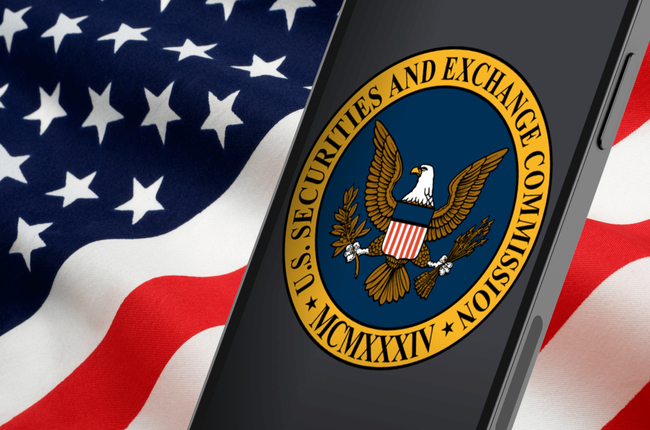Highlights:
- SEC modifies crypto reporting rules, easing requirements for banks and brokerages
- New SEC guidelines protect customer assets in bankruptcy, responding to industry challenges
- Adjusted SEC rules may influence future crypto regulations and expand market access
The U.S. Securities and Exchange Commission (SEC) has updated its rules, allowing some financial institutions to keep cryptocurrency holdings off their balance sheets if certain conditions are met. This adjustment aims to adapt to the evolving landscape of digital assets and mitigate associated risks.
Exclusive: The SEC has opened a path for banks and brokerages to avoid reporting their customers’ crypto holdings on their balance sheets. https://t.co/rods0VKIbF
— Bloomberg Tax (@tax) July 11, 2024
SEC Updates Crypto Reporting Standards for Banks
The SEC now permits banks and brokerages to avoid reporting their customers’ cryptocurrency holdings directly on their financial statements. This change, informed by consultations with large banks since 2023, stipulates that these institutions must safeguard customer assets in case of bankruptcy or failure. This action responds to long-standing debates over the SEC’s crypto-accounting rules from March 2022, known as SAB 121. It addresses industry pressures for regulatory adjustments.
The new directive provides that liabilities related to customer crypto holdings might not need to be recognized on the balance sheets under certain arrangements. This development is particularly significant as it follows a series of unsuccessful attempts by Congress to overturn the guidance, which included a presidential veto of a legislative measure aimed at reversing the SEC’s rule.
SEC Revises Crypto Rules to Boost Market Access
Traditionally, strict rules required banks to log cryptocurrencies as long-term assets at their purchase prices. Regular value assessments were also mandatory. This accounting method challenged banks entering the crypto market by inflating their balance sheets and triggering extensive capital requirements.
However, the SEC’s adjusted guidance is expected to broaden the range of companies capable of offering crypto services by easing the reporting requirements. Following multiple crypto bankruptcies in 2022, the industry demanded clearer, more flexible regulations. This led to the recent regulatory update. These firms argued for protections similar to those afforded to traditional assets, highlighting the need for the SEC’s regulatory adaptation.
Despite efforts in Congress to discard SAB 121, with the House and Senate initially voting for its reversal, the President’s veto maintained the status quo until the recent changes. This continuing debate highlights the complex relationship between financial rules, technological advances, and government oversight.
SEC’s New Crypto Policies Encourage Industry Growth
The reaction from the financial and crypto industries has been cautiously optimistic. Industry experts, like Fox Journalist Eleanor Terrett, interpret the SEC’s new approach as recognizing the need to adjust the rigorous requirements previously set by SAB 121. The SEC’s relaxed measures during an election year suggest a shift towards pro-crypto policies. This strategic adjustment hints at future governance favoring cryptocurrency.
Whoa. Is this the @SECGov realizing it needs to relax SAB 121 requirements when it comes to banks and brokerages?
Reaction to Congress’s campaign for change?
SEC Allows Some Exceptions to Crypto Accounting Compliancehttps://t.co/em3rkGyjjN via @Aiacone
— Eleanor Terrett (@EleanorTerrett) July 12, 2024
Financial institutions have successfully argued that products like wallets and spot Bitcoin ETFs should be excluded from the stringent guidelines of SAB 121. This development paves the way for traditional financial entities to delve deeper into the crypto sector and offer customers a broader array of services.
The SEC’s updated crypto reporting rules may set a new standard for U.S. crypto companies seeking similar exemptions. This update could shape future laws and regulations as the industry grows. Financial groups are urging Congress to remove existing rules that limit crypto services’ integration. The SEC’s changes aim to balance innovation with risk management. These adjustments help banks navigate digital currency complexities under regulation.





